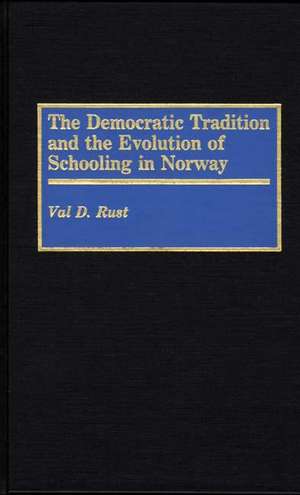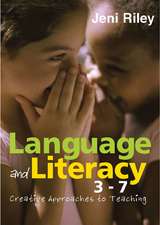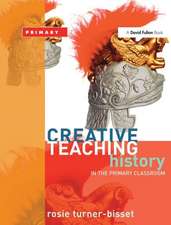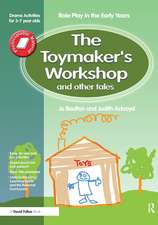The Democratic Tradition and the Evolution of Schooling in Norway: Contributions in Comparative Colonial Studies, cartea 34
Autor Val Dean Rusten Limba Engleză Hardback – 30 sep 1989
In this, the first English-language study of educational reform in Norway, Rust isolates and defines the historical forces that have molded Norwegian school reform since the country gained its independence. The book examines the ways in which Norway was able to move from a traditional dualistic school structure to a more comprehensive and unified form that serves the country today. It focuses not only on the structural changes that occurred in primary and secondary schools, but also on the equality of educational opportunity and the issue of where control over education lies.
The book begins with a survey of Norway's social and educational status at the time of its independence in 1814. The subsequent reforms are then discussed in terms of four cycles: the attempt to build a coordinated system of education, the building of a comprehensive school that would include large segments of the population, the attempt to legally strengthen the unity of the system following Norway's break from Sweden in 1905, and the experimentation with a compulsory basic school that led to the integrated schooling program of today. A final section considers the degree to which Norway has accomplished its goals and the radical move to shift control from the central to local governments.
Din seria Contributions in Comparative Colonial Studies
- 33%
 Preț: 321.17 lei
Preț: 321.17 lei - 28%
 Preț: 344.98 lei
Preț: 344.98 lei - 27%
 Preț: 378.18 lei
Preț: 378.18 lei - 38%
 Preț: 344.63 lei
Preț: 344.63 lei - 26%
 Preț: 353.55 lei
Preț: 353.55 lei - 28%
 Preț: 436.92 lei
Preț: 436.92 lei - 51%
 Preț: 300.68 lei
Preț: 300.68 lei - 26%
 Preț: 355.52 lei
Preț: 355.52 lei - 38%
 Preț: 438.59 lei
Preț: 438.59 lei - 38%
 Preț: 439.44 lei
Preț: 439.44 lei - 38%
 Preț: 345.23 lei
Preț: 345.23 lei - 28%
 Preț: 462.12 lei
Preț: 462.12 lei - 38%
 Preț: 346.25 lei
Preț: 346.25 lei - 38%
 Preț: 438.24 lei
Preț: 438.24 lei - 24%
 Preț: 411.35 lei
Preț: 411.35 lei - 38%
 Preț: 437.15 lei
Preț: 437.15 lei - 28%
 Preț: 436.04 lei
Preț: 436.04 lei - 33%
 Preț: 320.87 lei
Preț: 320.87 lei - 38%
 Preț: 441.04 lei
Preț: 441.04 lei - 38%
 Preț: 439.17 lei
Preț: 439.17 lei - 38%
 Preț: 509.28 lei
Preț: 509.28 lei - 38%
 Preț: 440.36 lei
Preț: 440.36 lei - 27%
 Preț: 379.20 lei
Preț: 379.20 lei - 38%
 Preț: 344.75 lei
Preț: 344.75 lei - 38%
 Preț: 438.51 lei
Preț: 438.51 lei - 38%
 Preț: 345.74 lei
Preț: 345.74 lei - 42%
 Preț: 253.80 lei
Preț: 253.80 lei
Preț: 438.41 lei
Preț vechi: 708.11 lei
-38% Nou
83.89€ • 87.77$ • 69.69£
Carte tipărită la comandă
Livrare economică 02-16 aprilie
Specificații
ISBN-10: 0313268495
Pagini: 347
Dimensiuni: 140 x 216 x 21 mm
Greutate: 0.55 kg
Ediția:New.
Editura: Greenwood Press
Seria Contributions in Comparative Colonial Studies
Descriere
The book begins with a survey of Norway's social and educational status at the time of its independence in 1814. The subsequent reforms are then discussed in terms of four cycles: the attempt to build a coordinated system of education, the building of a comprehensive school that would include large segments of the population, the attempt to legally strengthen the unity of the system following Norway's break from Sweden in 1905, and the experimentation with a compulsory basic school that led to the integrated schooling program of today. A final section considers the degree to which Norway has accomplished its goals and the radical move to shift control from the central to local governments.












